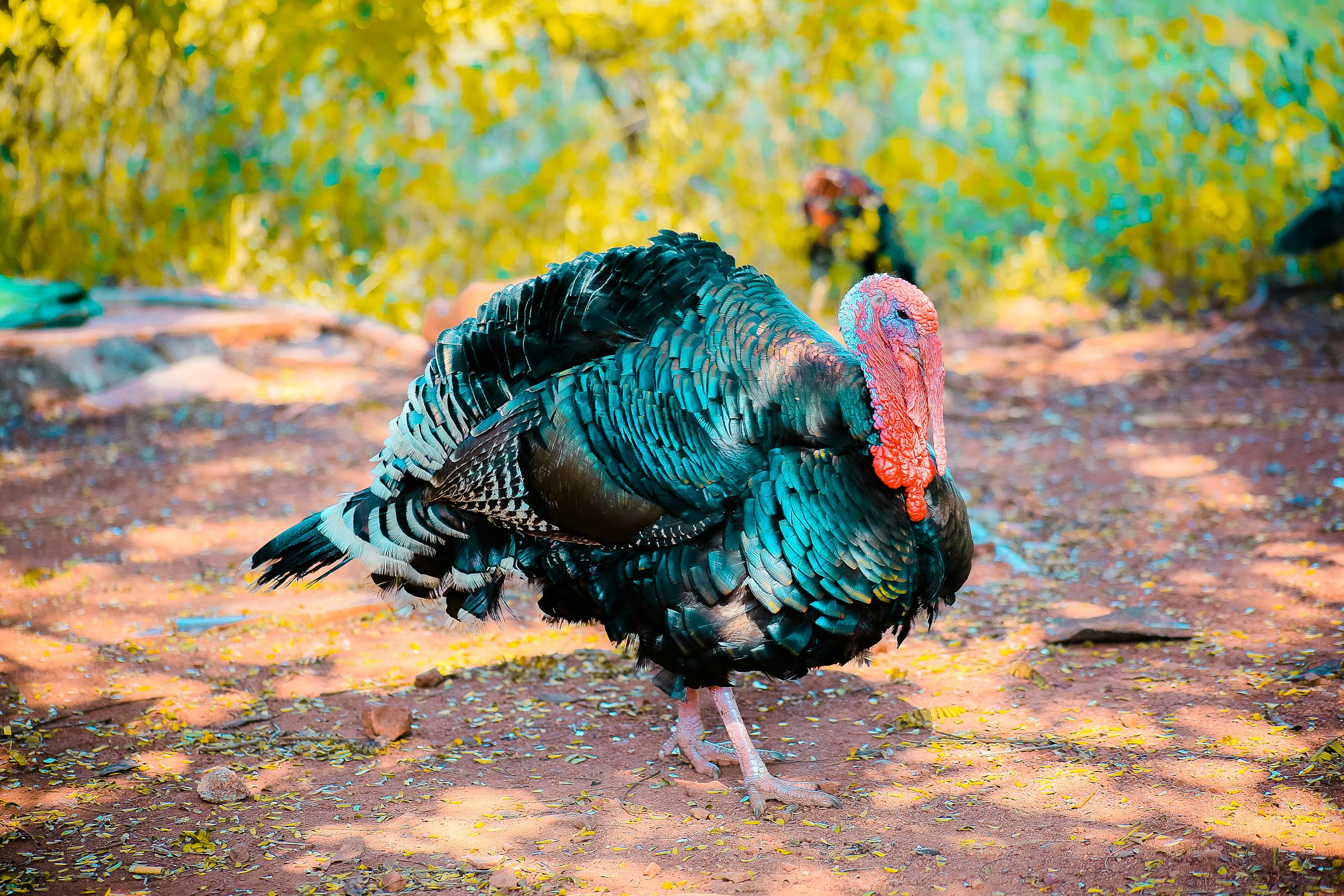✅ Is Turkey Halal? A Complete Islamic Guide to Eating Turkey Meat
Turkey meat is often enjoyed across cultures, especially during festive occasions. But for Muslims who follow strict dietary laws, the question arises: Is turkey halal?
Yes, turkey is halal if it is slaughtered according to Islamic guidelines and processed in a halal-compliant environment.
This comprehensive guide will break down everything you need to know about turkey’s halal status, including religious proofs, the slaughtering process, certification standards, scholarly views, and how to ensure you’re consuming genuine halal turkey.
🌺 What Does Halal Mean in Islam?
Before we discuss turkey specifically, it’s essential to understand what halal means.
Halal (Arabic: حلال) refers to anything that is permissible or lawful under Islamic law. In the context of food, it covers:
- The type of animal being consumed
- The method of slaughter
- The handling, processing, and packaging
The opposite of halal is haram, meaning forbidden. Some foods can also be makruh (discouraged) or doubtful (shubhah) if their permissibility is unclear.
🦃 What Is Turkey?
Turkey is a large bird native to North America, known for its distinctive fan-shaped tail and wattled neck. It belongs to the poultry family and is closely related to chickens and pheasants. Domesticated turkeys are primarily raised for their meat, which is commonly consumed around the world, especially during festive occasions like Thanksgiving in the United States.
Key Characteristics of Turkey:
- Scientific name: Meleagris gallopavo
- Diet: Omnivorous (seeds, insects, small reptiles)
- Meat: Lean, high in protein, low in fat
- Common cuts: Breast, thigh, drumstick, wings
Turkey meat is valued not just for its taste but also for its nutritional content, making it a popular choice for health-conscious consumers. In Islamic contexts, it is essential that this bird is processed according to halal standards to be permissible for Muslim consumption.
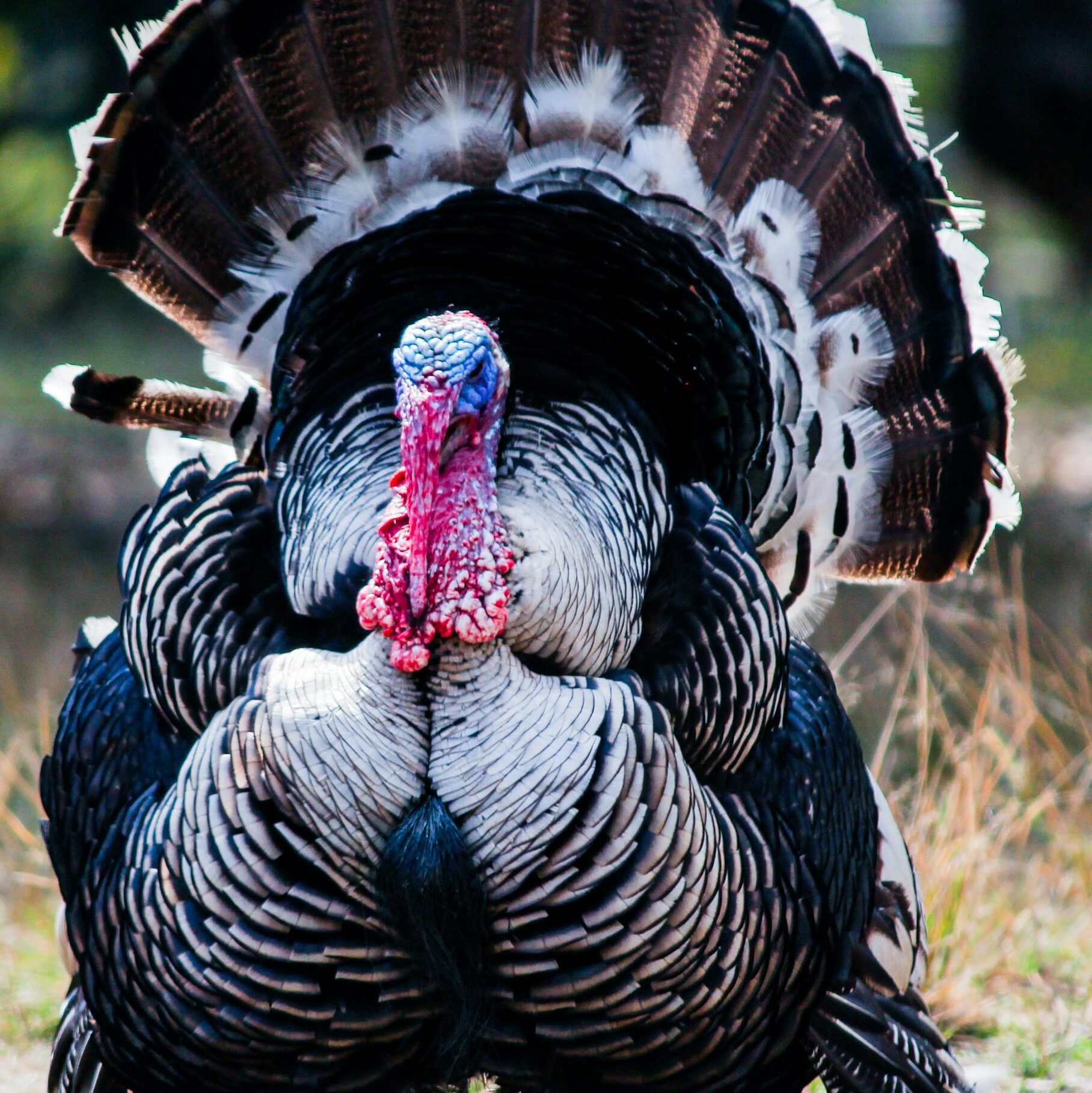
🐦 Is Turkey Halal in Islam?
Turkey is considered a halal animal in Islam, similar to chicken and other poultry.
However, to make the meat halal for consumption:
- The turkey must be slaughtered by a sane adult Muslim
- The name of Allah (Bismillah) must be recited during the slaughter
- The jugular vein, carotid artery, and windpipe must be swiftly cut using a sharp knife
- The blood must be drained completely
- The animal must be alive and healthy at the time of slaughter
These conditions ensure the meat is pure, hygienic, and spiritually acceptable.
📖 Islamic Proof: Quranic and Hadith References
From the Qur’an:
“So eat of that upon which the name of Allah has been mentioned, if you are believers in His verses.” — Qur’an 6:118
“And do not eat of that upon which the name of Allah has not been mentioned, for indeed, it is grave disobedience.” — Qur’an 6:121
From the Hadith:
The Prophet Muhammad (peace be upon him) said: “When the slaughtering is done and the name of Allah is mentioned, then eat.” — Sahih Bukhari
These texts clearly show that the recitation of Allah’s name and proper slaughtering are essential for meat to be halal.
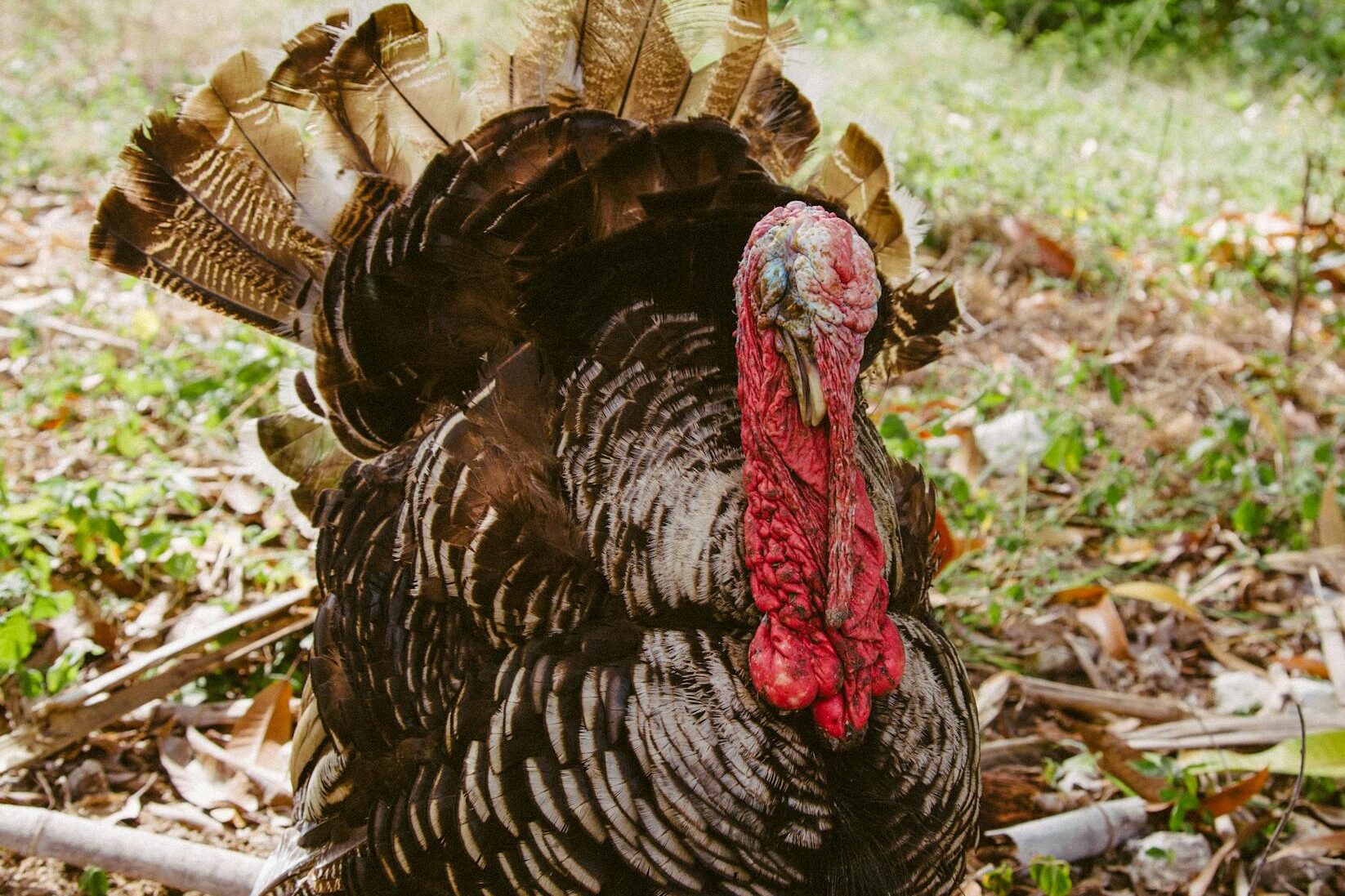
📚 Scholarly Opinions on Eating Turkey
Islamic scholars from various schools of thought generally agree that turkey is a halal bird, provided the slaughtering conditions are met. However, opinions may vary slightly on certain technical details:
🕌 Hanafi School
- Permits eating turkey if slaughtered by a Muslim with Allah’s name recited.
- Emphasizes avoiding doubtful sources or uncertified meat.
🕌 Shafi’i and Maliki Schools
- Allow turkey consumption under similar halal slaughter conditions.
- Focus on clear intent and proper invocation of Allah’s name.
🕌 Hanbali School
- Also supports permissibility under the standard Zabiha process.
- Caution advised with mechanical slaughter unless each bird is individually blessed.
🕌 Contemporary Scholars
- Many scholars today emphasize the importance of third-party halal certification.
- Some scholars allow machine-slaughtered birds if the name of Allah is invoked on each bird.
Note: If any doubt remains regarding the method or conditions, scholars recommend avoiding the meat to maintain spiritual purity.
🔪 The Halal Slaughtering Process for Turkey (Zabiha)
The Islamic method of slaughter, Zabiha or Dhabihah, must be followed for turkey to be halal.
Steps in the Zabiha Process:
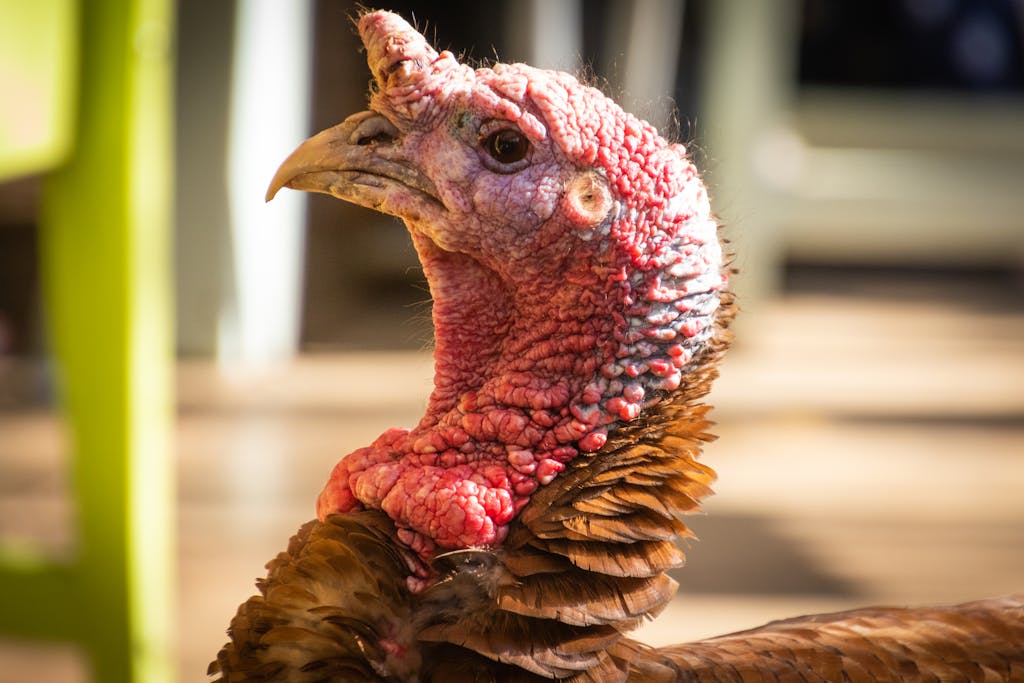
- The slaughter is performed by a Muslim of sound mind.
- The name of Allah (“Bismillah, Allahu Akbar”) is recited.
- A sharp knife is used for a swift and deep cut.
- The jugular veins, windpipe, and esophagus are severed.
- The turkey must be alive and conscious at the time.
- The blood is drained completely.
This method ensures minimal pain, hygienic processing, and spiritual compliance.
🛒 How to Confirm If Packaged Turkey Is Halal
Many frozen or pre-packaged turkey products are not clearly labeled. Here’s how to ensure the meat is genuinely halal:
- Look for official halal certification on the label
- Check if the meat comes from a halal-certified facility
- Inquire with the butcher or supplier about sourcing
- Avoid products that say “mechanically separated” or “machine slaughtered” unless halal-compliant
When in doubt, choose a halal butcher or trusted Islamic meat vendor.
🥗 Health Benefits of Halal Turkey
Halal turkey isn’t just religiously significant; it can also offer nutritional value.
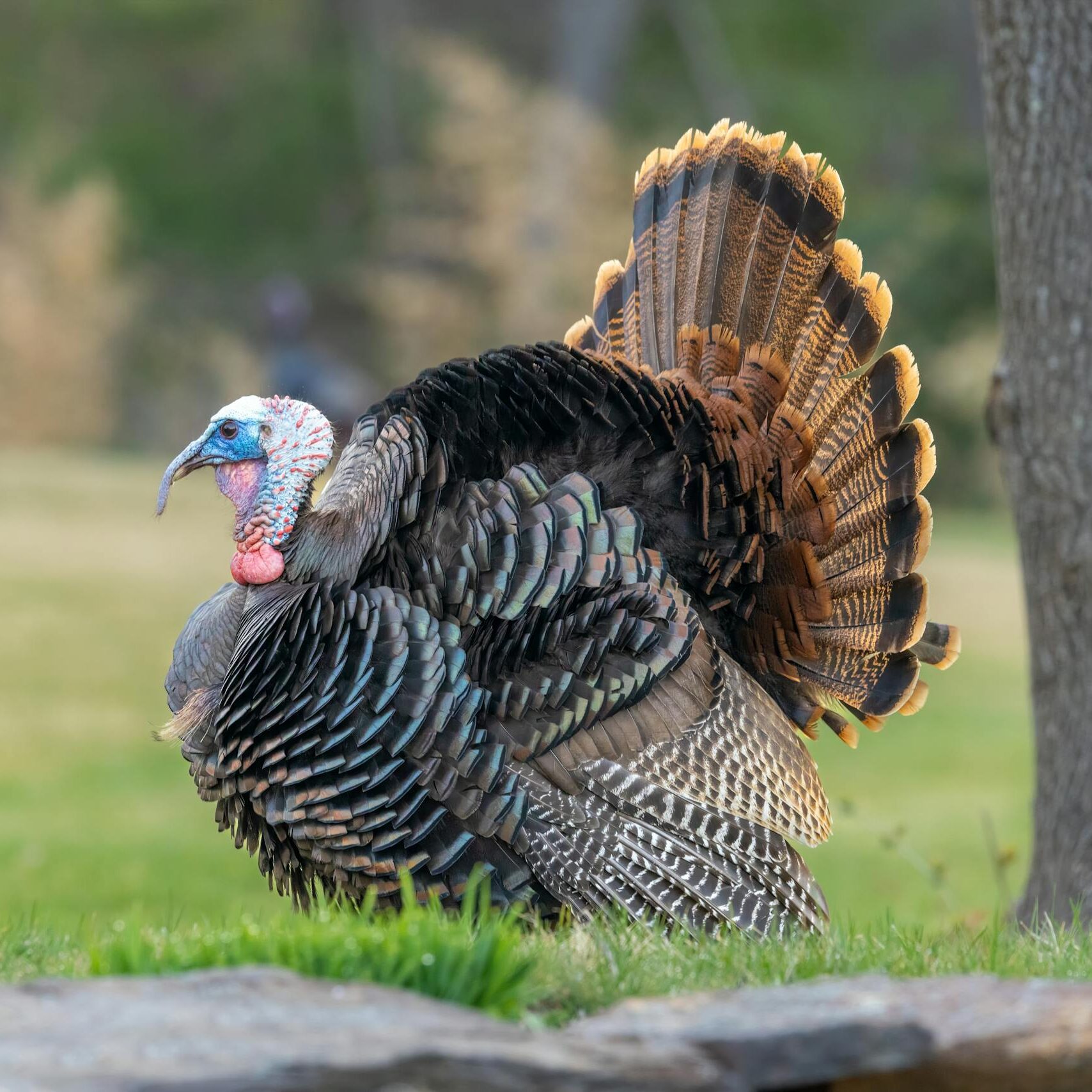
Benefits Include:
- High in protein, promoting muscle health
- Low in fat, especially white meat
- Rich in B vitamins and selenium
- No retained blood, reducing bacterial risk
- Often less processed than conventional meats
These factors make halal turkey a wholesome addition to your diet.
✅ Final Verdict: Is Turkey Halal?
In summary, turkey is halal for Muslims as long as the animal is slaughtered in accordance with Islamic law. This includes reciting Allah’s name during slaughter, using proper technique, and ensuring the meat is processed and handled in a halal-certified environment.
Muslims should always verify halal status through reliable certification, trusted vendors, and clear labeling to ensure compliance with their faith. Halal turkey offers both spiritual fulfillment and nutritional value, making it a great option for Muslim consumers.
❓ Frequently Asked Questions (FAQs)
Is turkey halal in all countries?
Not always. It depends on the slaughtering method and certification.
Can non-Muslims eat halal turkey?
Yes. Halal turkey is suitable for anyone and is often cleaner and more humane.
Is machine-slaughtered turkey halal?
Scholarly opinions vary. Many accept it only if Allah’s name is invoked before each cut.
Can I trust supermarket "halal" labels?
Only if they are backed by credible halal certification bodies.

